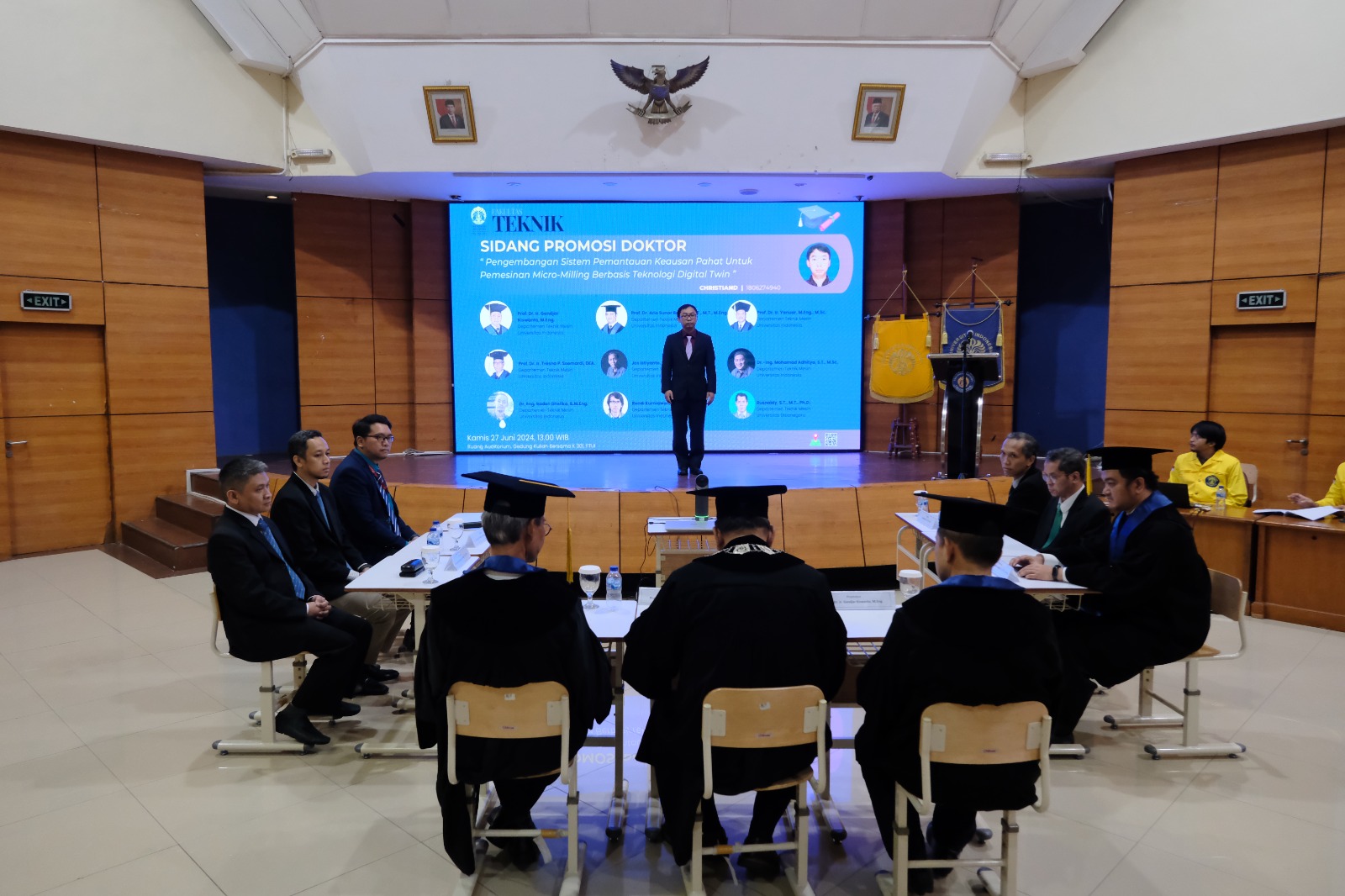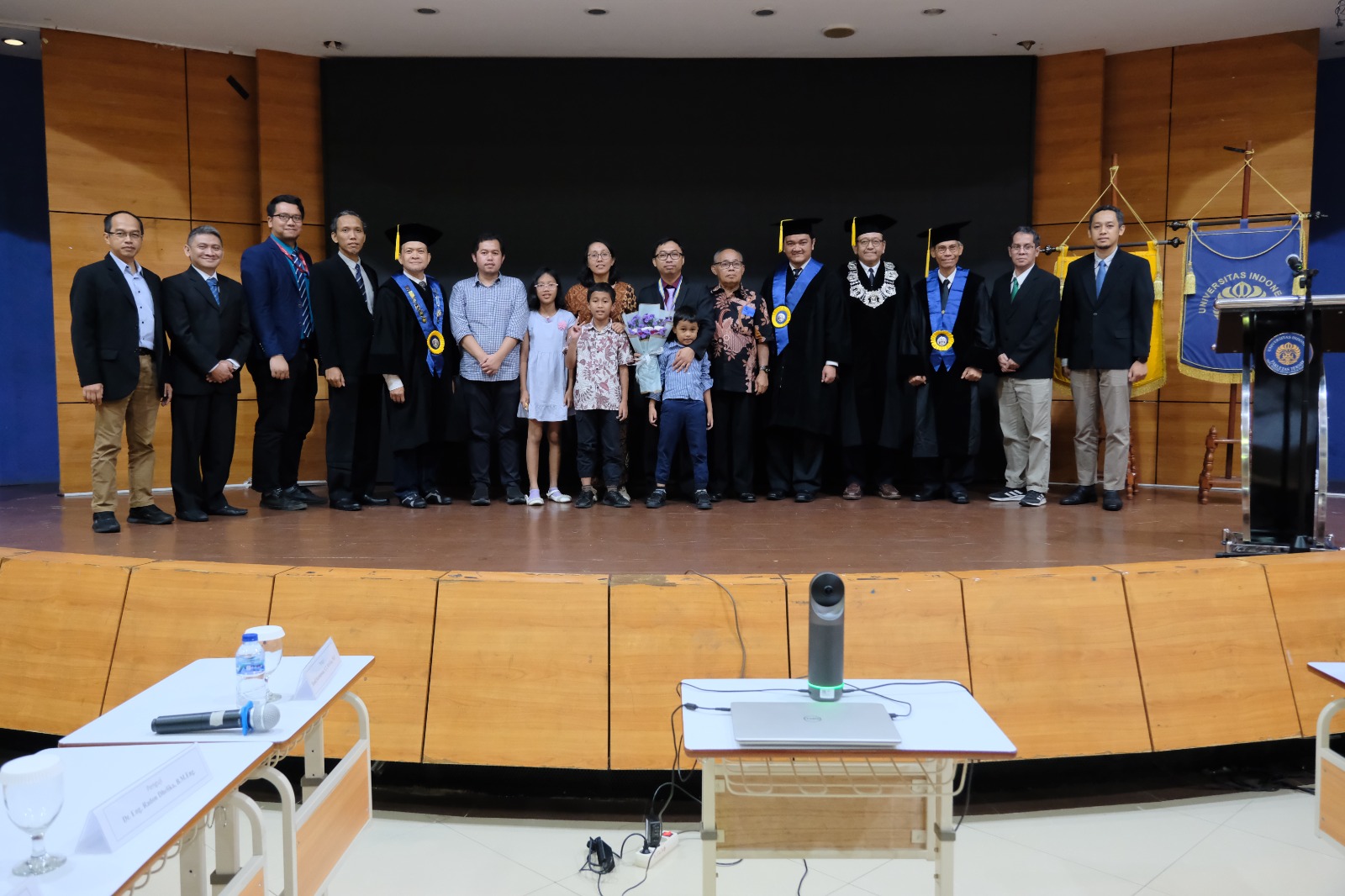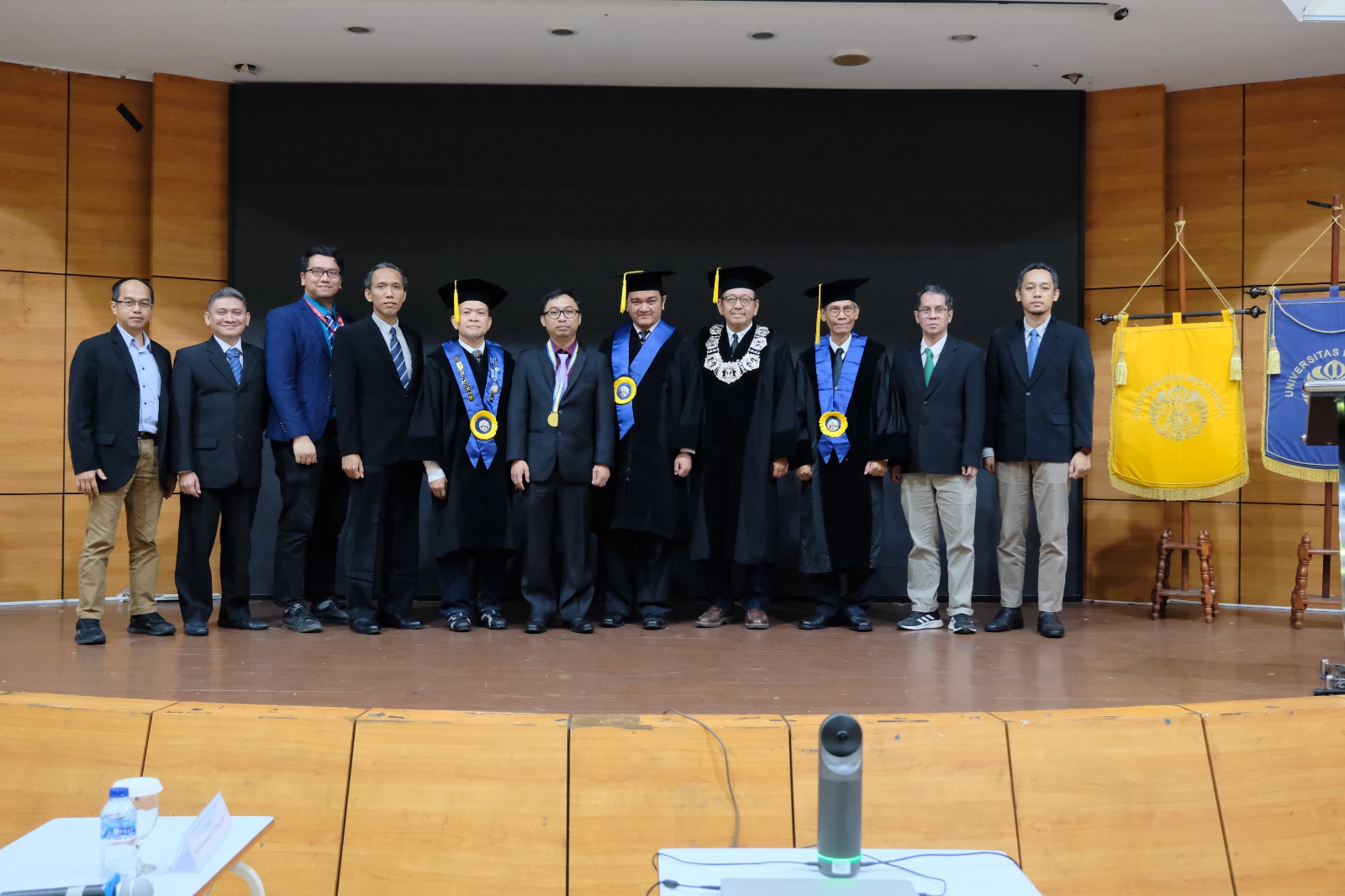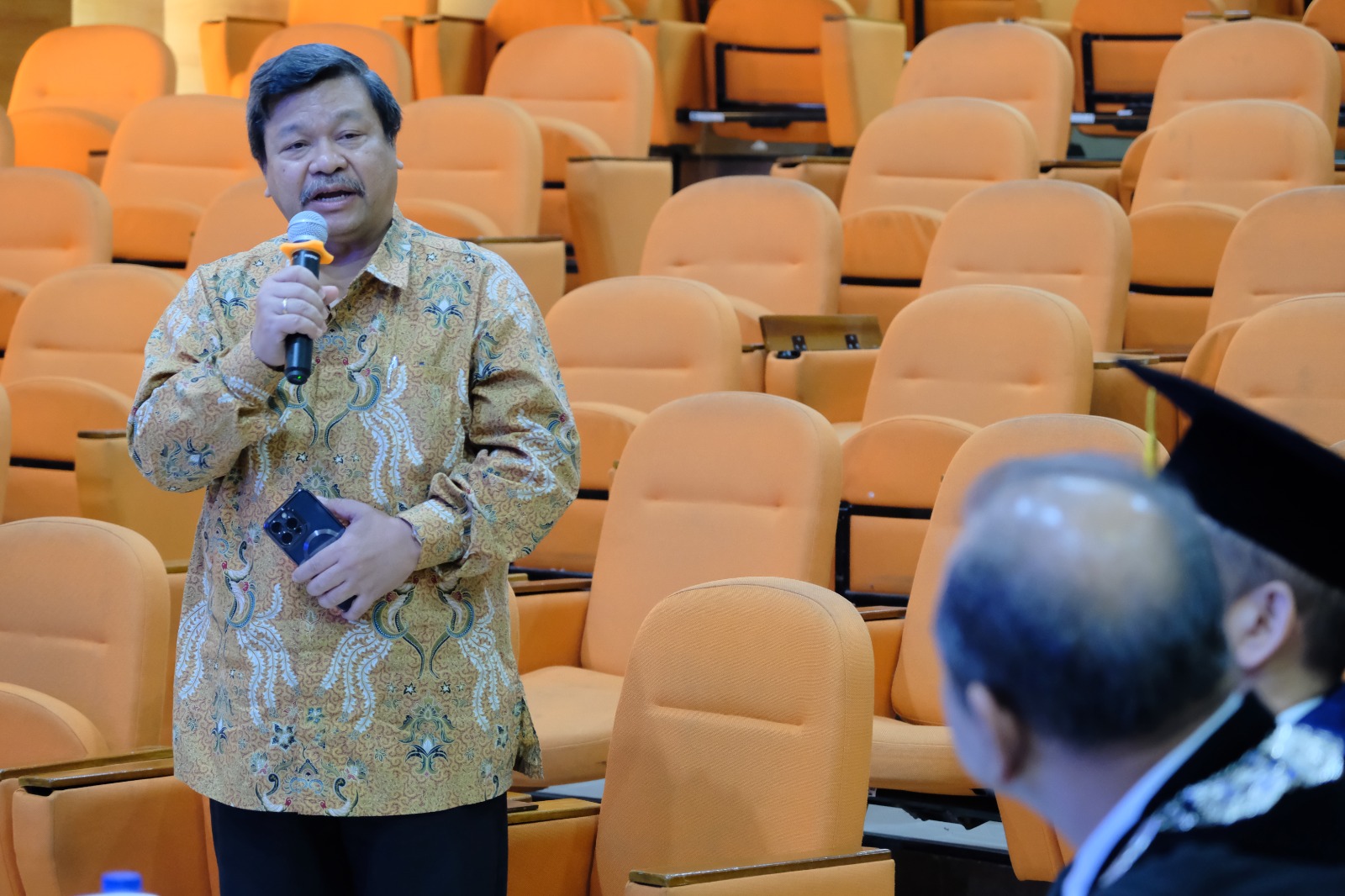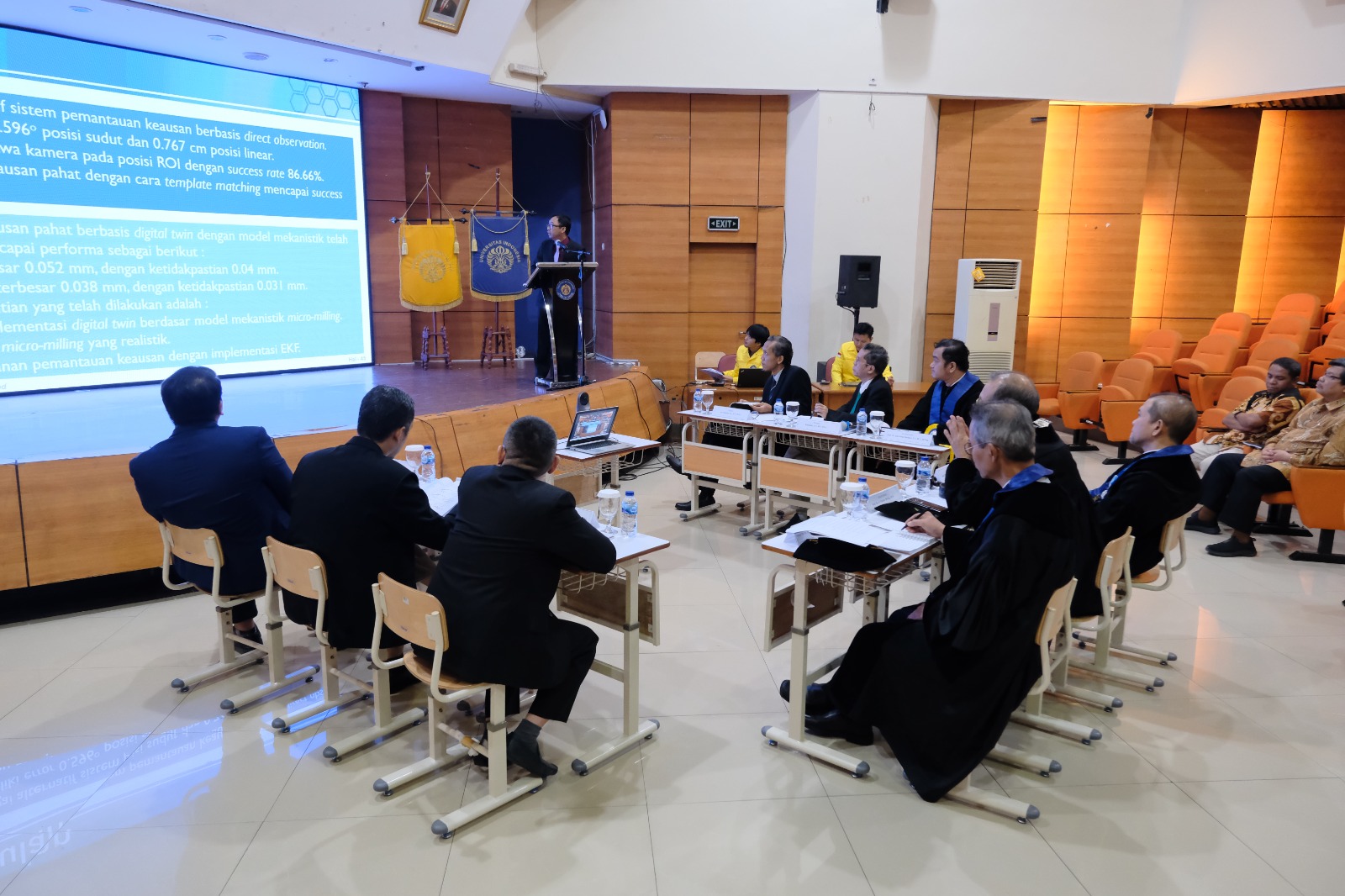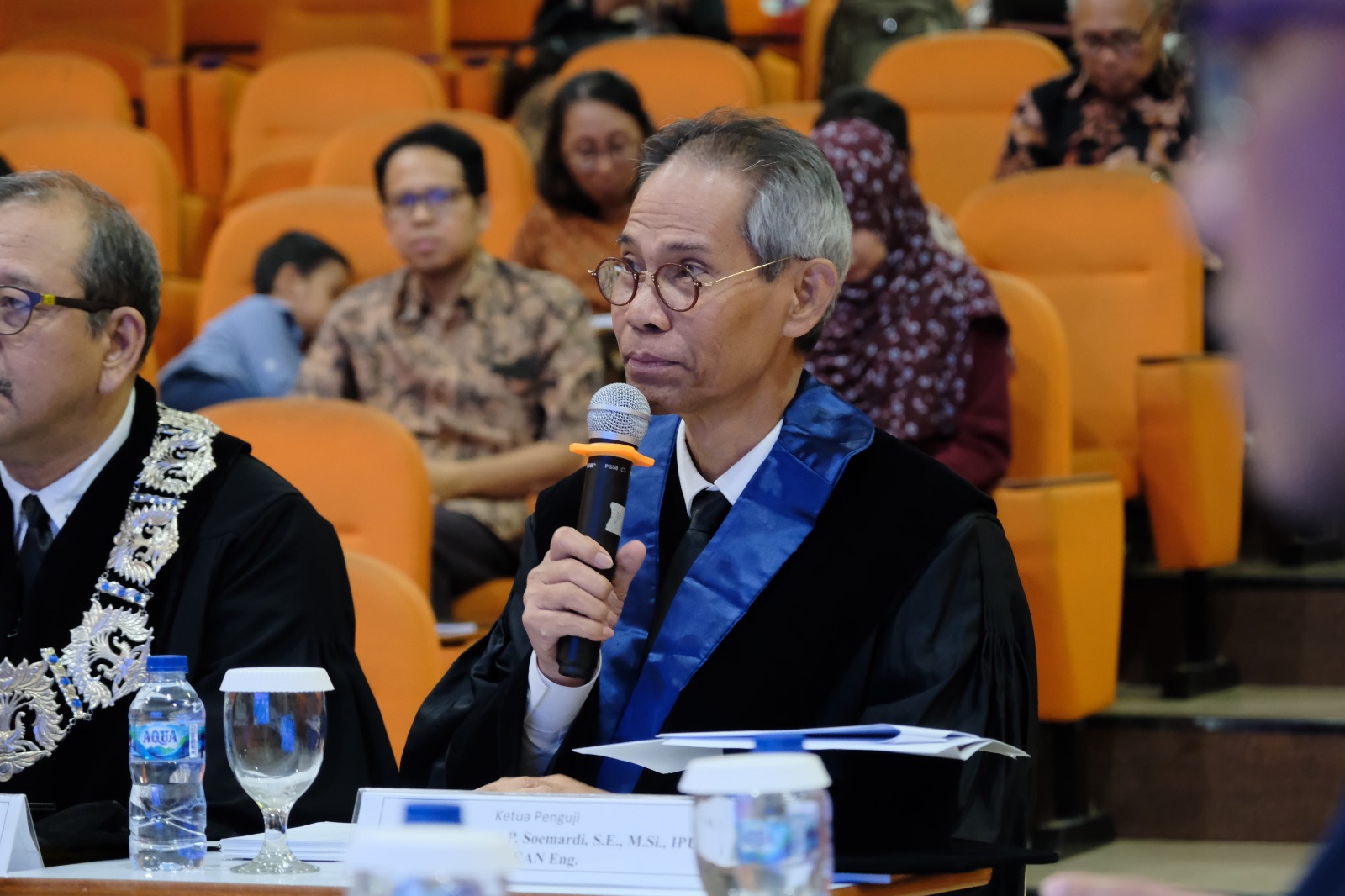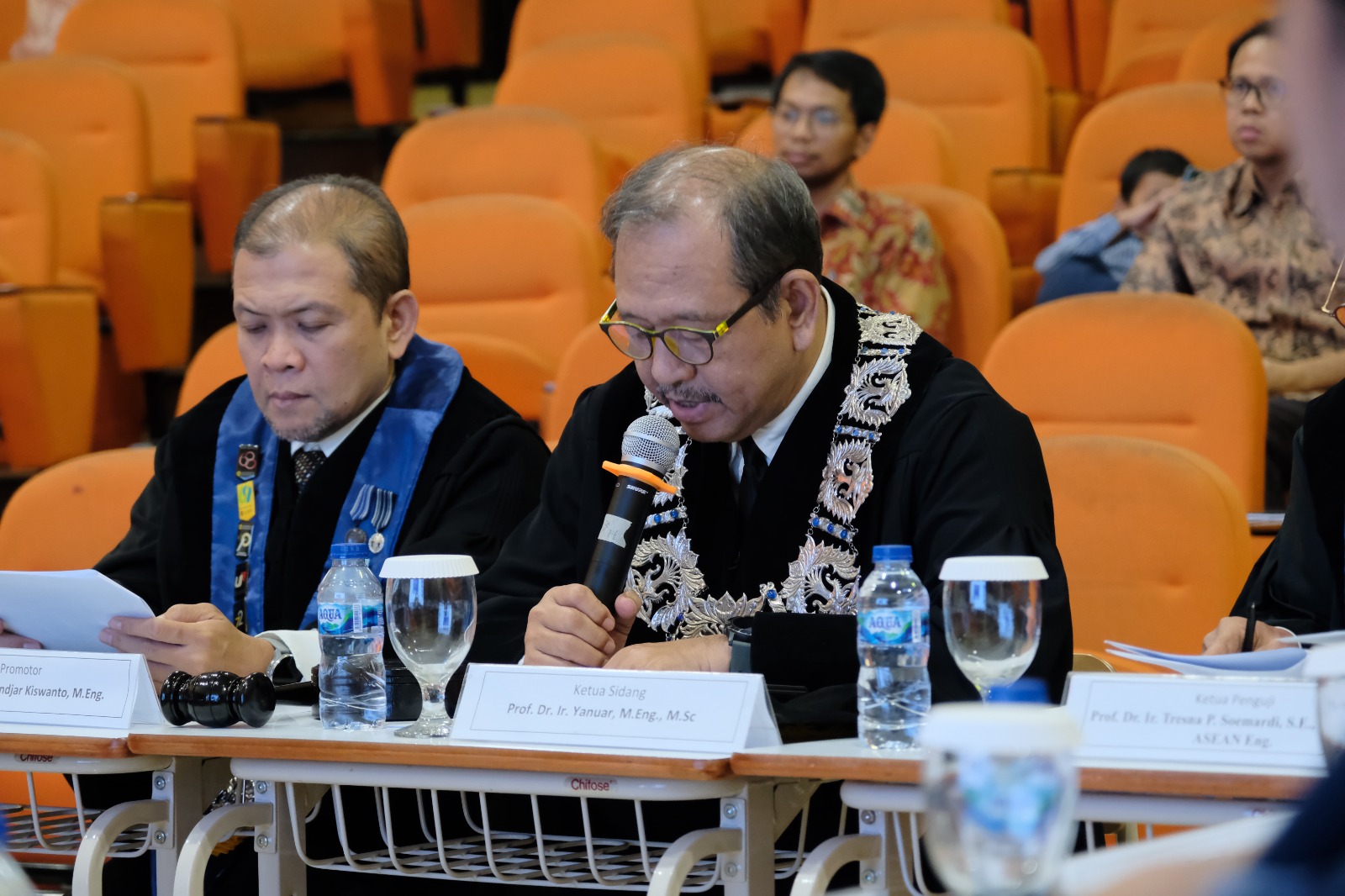The advancements in science and technology over the past two decades have stimulated the creation of cutting-edge products with micrometre-sized features. Products such as microchannels, microreactors, micromechanical tools, micro moulds, and micro nozzles have physical features in micro sizes, and all are needed in biomedical fields, surgical instruments, and microelectromechanical systems. Micro-milling is one of the preferred machining techniques to meet the manufacturing needs of these microproducts. The micro-milling process is essentially a derivative of conventional macro-milling with downsized cutting tools.
“Achieving and maintaining the quality of micro-milling results is a significant challenge because micro-milling is known to have specific issues, such as tool deflection, tool run-out, abrasion, wear, and tool breakage before the expected lifespan. To ensure that the ongoing machining process is in the correct condition according to specifications, monitoring is needed, particularly for tool wear during the machining process,” explained Christiand regarding his research.
This research was discussed by Christiand in his dissertation for the Doctoral Program in Mechanical Engineering at the Faculty of Engineering, Universitas Indonesia (FTUI), titled “Development of a Tool Wear Monitoring System for Micro-Milling Based on Digital Twin Technology.” This dissertation was presented at the FTUI Doctoral Promotion session held on Thursday (27/6) in the K.301 Auditorium, FTUI Building.
In his research, Christiand used a recently introduced concept called digital twin technology. Citing the definition by Tao et al., “a digital twin is essentially a simulation of a complex product that combines many physical laws, varying scales, and probabilistic sciences, using the best physical models, sensor data, etc., to reflect the life (read: dynamics) of the object it twins.” This definition originates from NASA (National Aeronautics and Space Administration) in 2012.
“Digital twin technology opens up new possibilities for developing a more prognostic tool wear monitoring system by simulating the dynamics of tool conditions that can be monitored, tracked, and predicted. Thus, abnormalities in tool conditions during the machining process can be inferred from predictions based on digital twin simulations. Ultimately, high-quality micro products can be achieved by avoiding unsuitable tool conditions,” explained Christiand.
This dissertation discusses the development of a tool wear monitoring system based on digital twin technology for the micro-milling process. The developed system can be used to determine tool conditions during the ongoing machining process using both simulated variables and sensor data. The virtual model used in the system is built involving mechanistic models of the micro-milling process, which is part of a physics-based approach. The dissertation discusses the construction of the virtual model based on physical models related to the micro-milling process, such as the dynamics of the spindle motor, spindle controller, and cutting torque, along with providing a monitoring service for tool wear values and system performance analysis.
The Dean of FTUI, Prof. Dr. Ir. Heri Hermansyah, S.T., M.Eng., IPU., stated, “This research is an important breakthrough in mechanical engineering and manufacturing. By integrating digital twin technology, this research not only enhances the efficiency and accuracy of the micro-milling process but also offers an innovative solution for real-time monitoring and analysis of tool wear. The results of this research are expected to significantly contribute to improving product quality and reducing production costs in the manufacturing industry.”
At the doctoral promotion session, the Dean of the Faculty of Engineering at Universitas Katolik Indonesia Atma Jaya, Prof. Dr. Ir. Djoko Setyanto, M.Sc., IPU, ACPE, APEC Eng., also attended and gave a speech, “We thank the Chair of the Session, the Promoter, the Co-Promoter, and the Examination Team for allowing our colleague to graduate as a Doctor. We hope Mr Christiand can set an example for future research and fulfil his duties at Unika Atma Jaya.”
With this dissertation, Christiand achieved his doctorate with a distinction and a GPA of 4.0. He is the 108th doctoral graduate from the Department of Mechanical Engineering and the 551st from the Faculty of Engineering, Universitas Indonesia. The promotion session was chaired by Prof. Dr. Ir. Yanuar, M.Eng., M.Sc., with Prof. Dr. Ir. Gandjar Kiswanto, M.Eng., as the promoter and Prof. Dr. Ario Sunar Baskoro, S.T., M.T., M.Eng., as the co-promoter. The examination committee, led by Prof. Dr. Ir. Tresna P. Soemardi, S.E., M.Si., IPU. ASEAN Eng., included Jos Istiyanto, S.T., M.T., Ph.D., Dr.-Ing. Mohamad Adhitya, S.T., M.Sc., Dr. Eng. Radon Dhelika, B.M.Eng., Rendi Kurniawan, S.T., M.S.Eng., Ph.D., and Rusnaldy, S.T., M.T., Ph.D.
***
Public Communication Office
Faculty of Engineering, Universitas Indonesia

